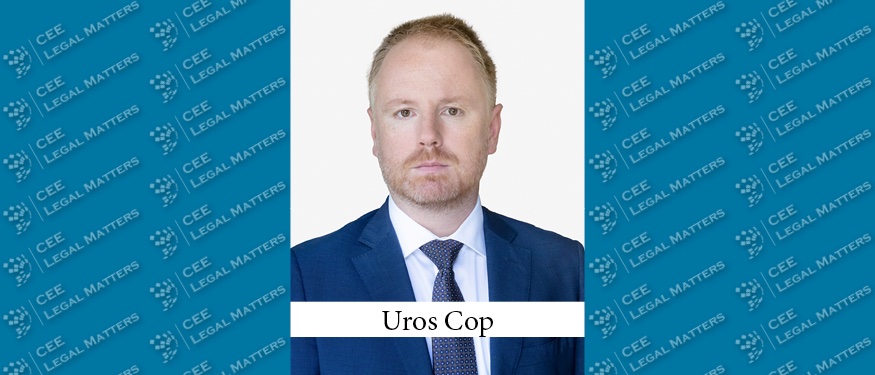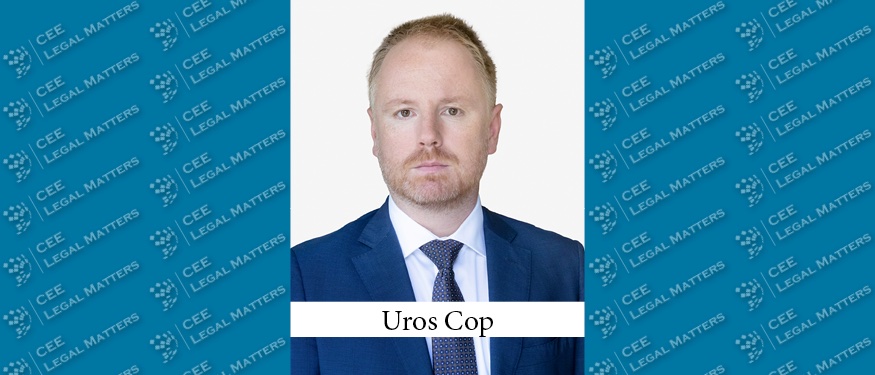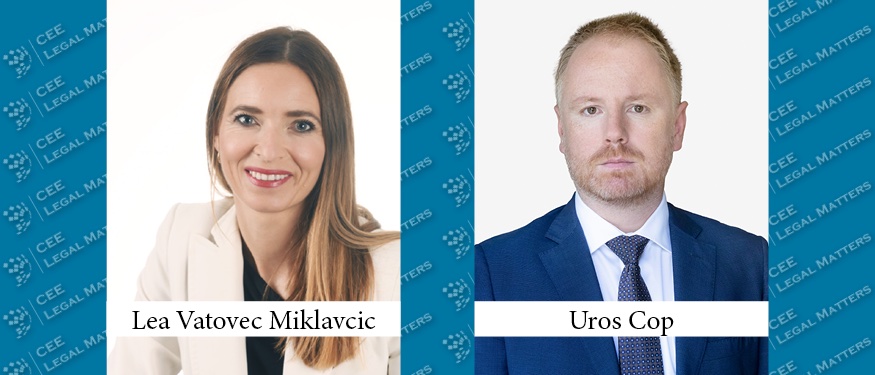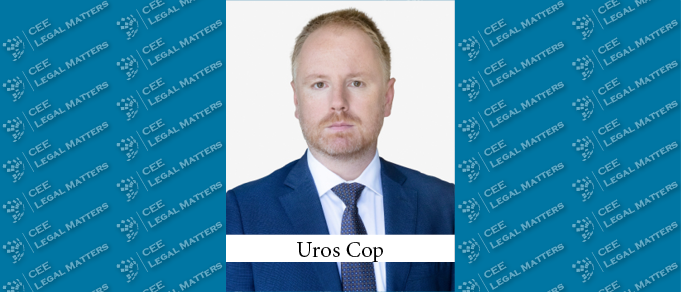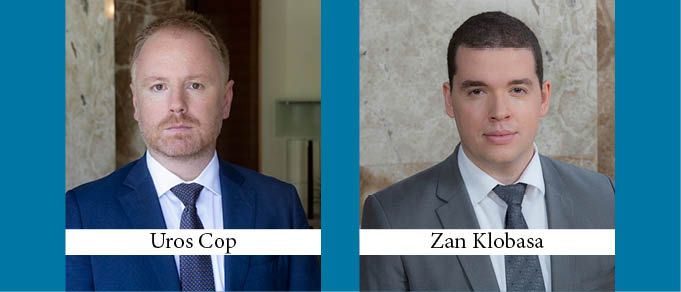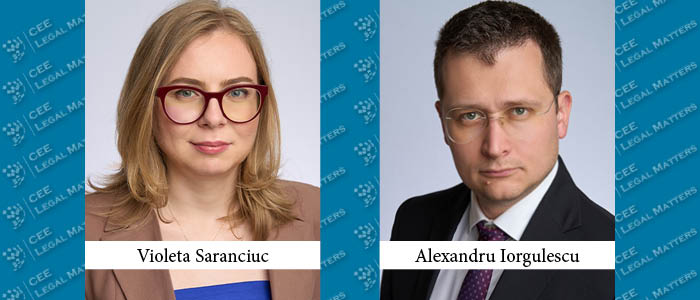In The Corner Office, we ask Managing Partners at law firms across Central and Eastern Europe about their backgrounds, strategies, and responsibilities. As we bid farewell to 2023, this time around we turn our attention forward: What is your one main wish for 2024 and what do you see as the biggest potential risk?
Slovenia: Unveiling the DMA – Safeguarding Open Markets in the Digital Sphere and Its Impact on Slovenia
The initiation of the European Union’s Digital Markets Act (DMA) on May 2, 2023 marked a pivotal turning point in digital markets. Designed to counteract the monopoly-like tendencies of so-called “gatekeepers” – large online platforms wielding significant power – the DMA is revolutionizing the digital space. However, its implications extend beyond these giant companies, and it’s essential to examine the impact on smaller EU members like Slovenia.
Slovenia: Floating Solar Power Plants – An As-of-Yet Unrealized Potential
In May 2022, the European Commission announced the REPowerEU Action Plan, proposing a package of measures to accelerate the energy transition, made even more urgent by the high dependence on Russian gas. Given the urgency of deploying renewable energy installations, the EC highlighted the generation of electricity from solar energy (i.e., solar power plants, photovoltaics) as a priority and key issue. Such technology has a minimal environmental impact (especially when installed on existing built surfaces), high public acceptance, the fastest technical feasibility, and, last but not least, a low cost (the price of the technology has fallen by around 82% over the last decade).
A Good Ten Years in Slovenia
In the spirit of CEE Legal Matters’s upcoming Tenth Anniversary, Fatur Menard Head of M&A Practice Lea Vatovec Miklavcic and Senica Managing Partner Uros Cop provide an evolutionary insight into the Slovenian market from a legal, economic, and business standpoint.
Slovenia: Liability of Public Communications Service Providers Concerning Electronic Communications
Recently, several articles were published on the security and misuse of electronic communications. These tended to conclude that the responsibility for security against abuse lies with the public communications service providers (PCSP), which logically implies that they are also responsible for such misuse. PCSPs are an essential and indispensable part of the TMT sector, and it is, therefore, important to address their liability in such situations for legal certainty.
Guest Editorial: Rise to the Occasion
Needless to say, business in the European Union is going through some turbulent times. How this is affecting the CEE region and how business in the region will adapt to this never-ending uncertainty is the million-dollar question that everyone is asking at the beginning of 2019.
Cryptocurrency Tax Regime in Slovenia
As in almost all other jurisdictions, in Slovenia there are no cryptocurrency-specific tax laws. In order to shed light on the tax treatment of the cryptocurrency in Slovenia, in June 2018 the Financial Administration of the Republic of Slovenia (FURS) issued the extended and updated Guidelines on Tax Treatment of Cryptocurrencies in Slovenia (the “Guidelines”).


